
Reflecting on Season Twelve
A captivating – and divisive with another vocal minority appearing – twelfth season of Doctor Who has wrapped now.

A captivating – and divisive with another vocal minority appearing – twelfth season of Doctor Who has wrapped now.

Astronomers have discovered a very peculiar white dwarf star about 150 light years away, it’s mass is double the average and it’s moving 99% faster than any of it’s neighbours.

A commercial spacecraft “helper” has docked with a working communications satellite to provide life-extending services in a world first.

Astronomers have discovered the biggest explosion we have ever seen. They spotted the remnants of this blast in the Ophiuchus galaxy cluster, most likely from a supermassive black hole using the Murchison Widefield Array and NASA’s Chandra X-ray Observatory.

It’s officially known as 2020 CD3, but this baby object is only the second asteroid known to orbit Earth. It’s expected to drop out of Earth orbit around April and return to a heliocentric orbit.

Supermassive Black Holes going kaboom, tiny asteroids hitching a ride in Earth’s orbit and a helper satellite giving life-extending boosts to ailing satellites. Plus SpaceX dominating our headlines, on today’s Talkin’ Science…

Through the passage of time our interview with DS9’s Max and Aron was lost until a few weeks ago…

SpaceX has confirmed plans to launch up to four private citizens into the highest orbit since Gemini 11.

As part of the, now officially open, Australian Space Agency, the Australian Remote Operations for Space and Earth facility will create around 1500 jobs and play a key role in the long standing Australia NASA partnership, developing technologies to assist missions to the moon and beyond.

Today, in our new expansion of Talkin’ Science, Dr Brad Tucker and Matt dive into the detail of Prime Minister Scott Morrison’s opening of the Australian Space Agency headquarters.

Catch Dr Brad Tucker and Matt Miller Talkin’ Science right now…

Melinda Snodgrass stops by Trekzone to have A Trekzone Conversation.

90 years ago today Pluto was discovered – just the third planet to be found in modern times.

New Horizon was sent off in 2005 to inspect Pluto with a stretch goal of flying past a Kuiper Belt object to help astronomers gain a better understanding of the early solar system. It turns out, there’s new lessons to be learnt…

Bob Bakish – ViacomCBS CEO – confirmed that they will be extending our beloved science fiction franchise “across the house.”

For the first time, the US military has confirmed that it’s satellites are being interfered with by Russian inspection satellites. The astronomical community has known about this for a while though, and Dr Tucker and Matt discuss this on today’s in depth topic.
61 days to go until The 2025 Trekzone Fan Film Awards are here, and we
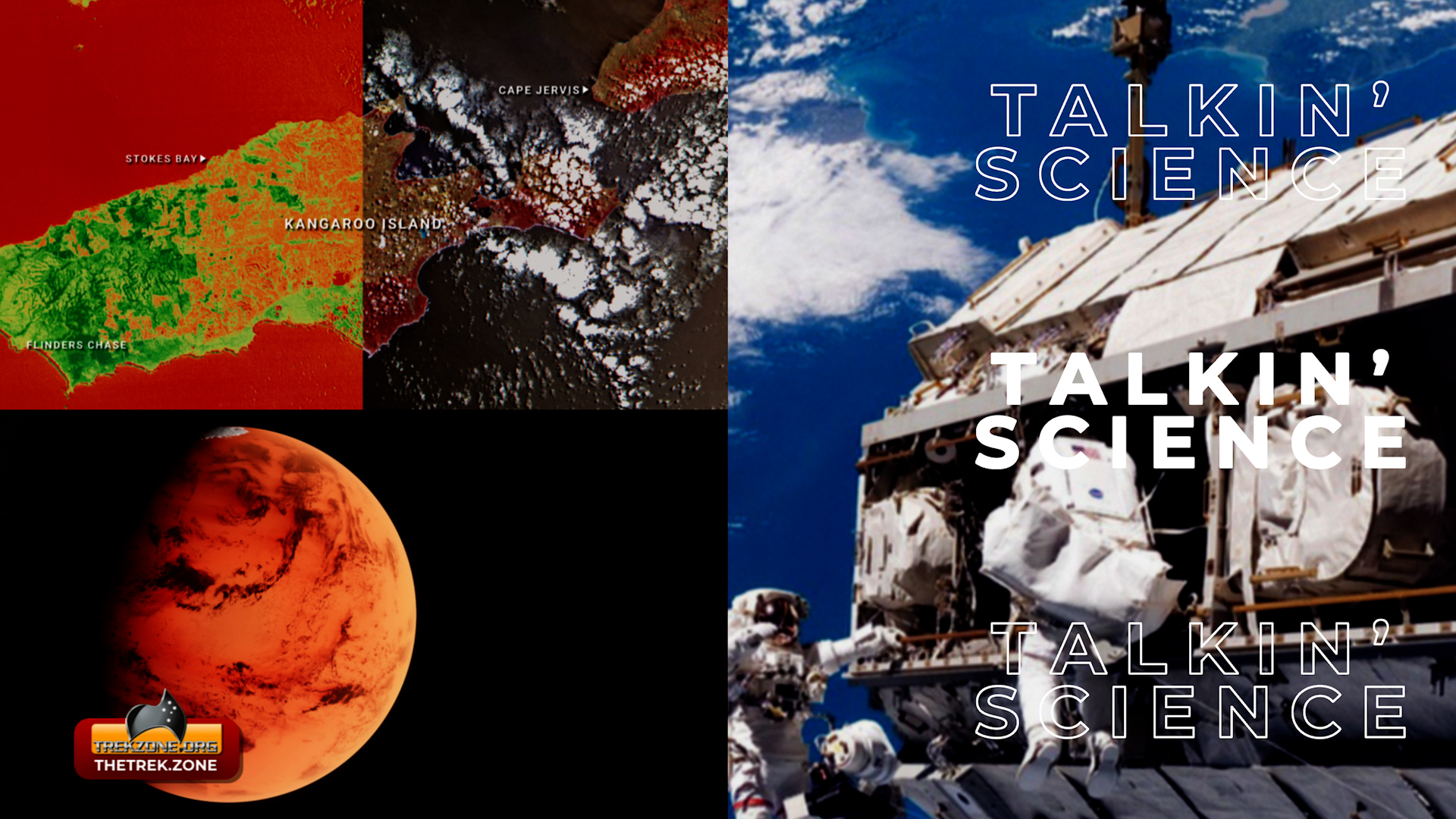
It’s the end of the third week of March 2025. Here’s the science and space
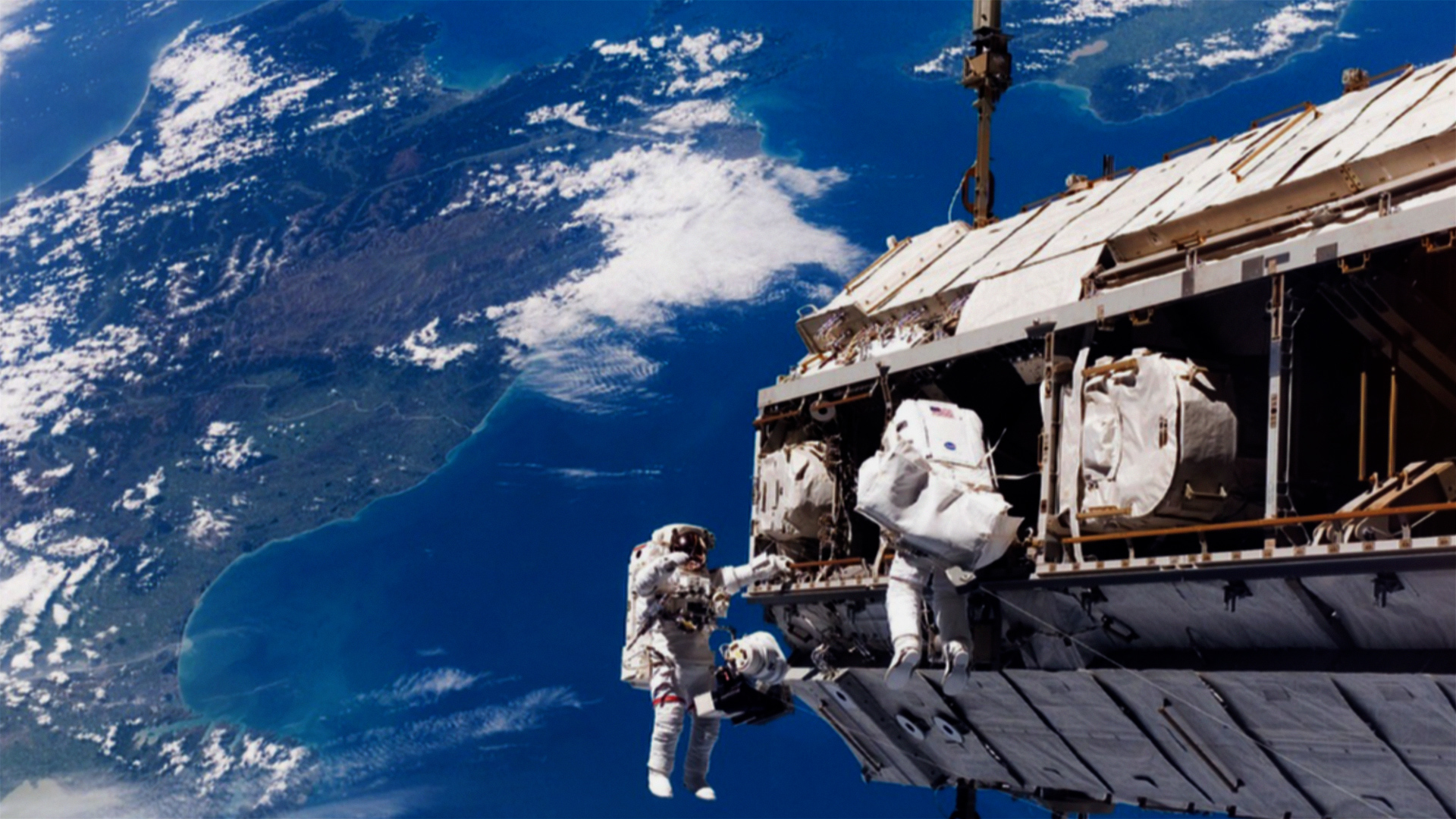
Astronauts often experience immune dysfunction, skin rashes, and other inflammatory conditions while travelling in space, and international researchers believe these issues are likely due to the overly sterile nature of the International Space Station.
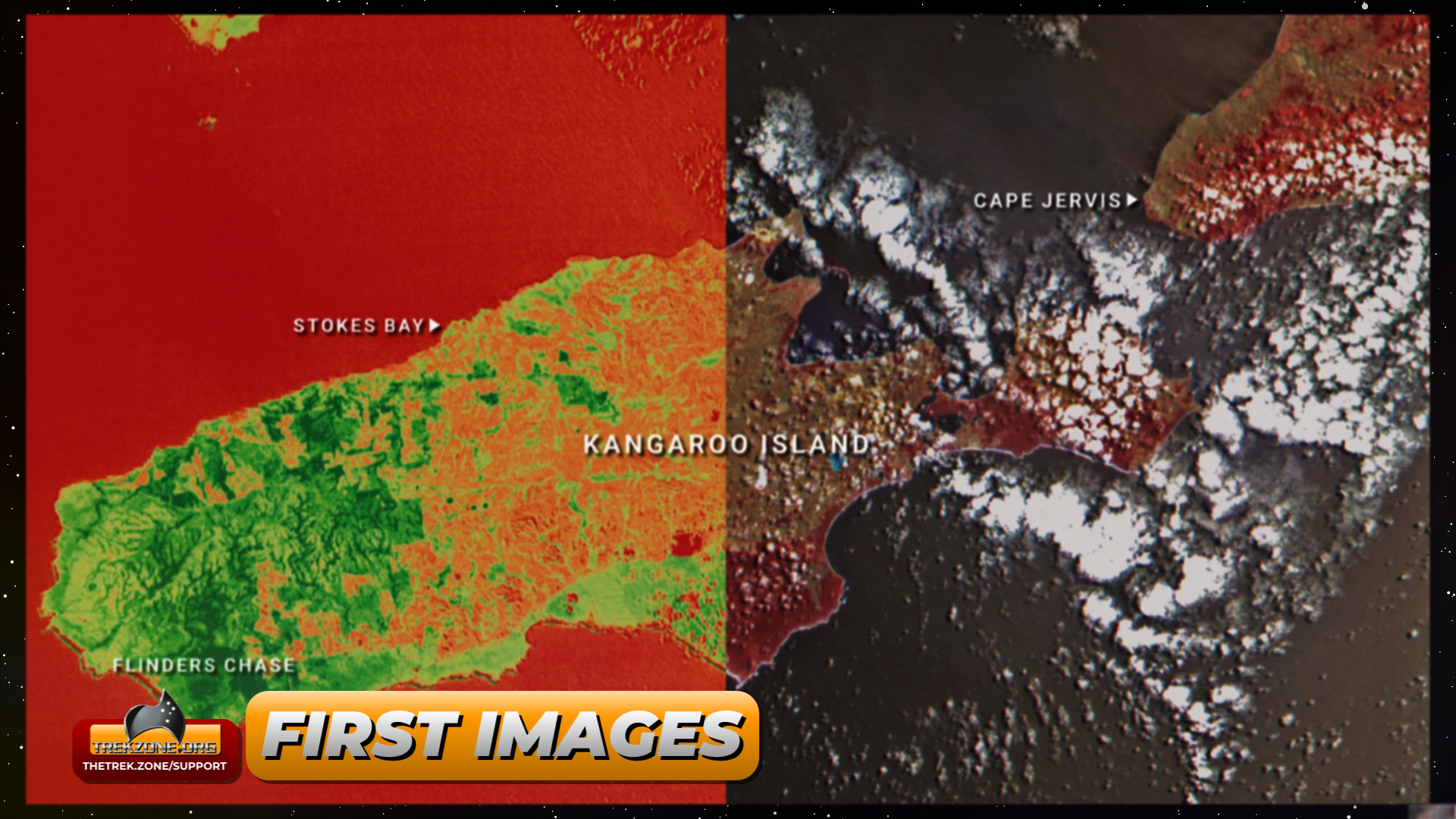
Australia’s first state government funded satellite, Kanyini, has delivered its first images from space, marking
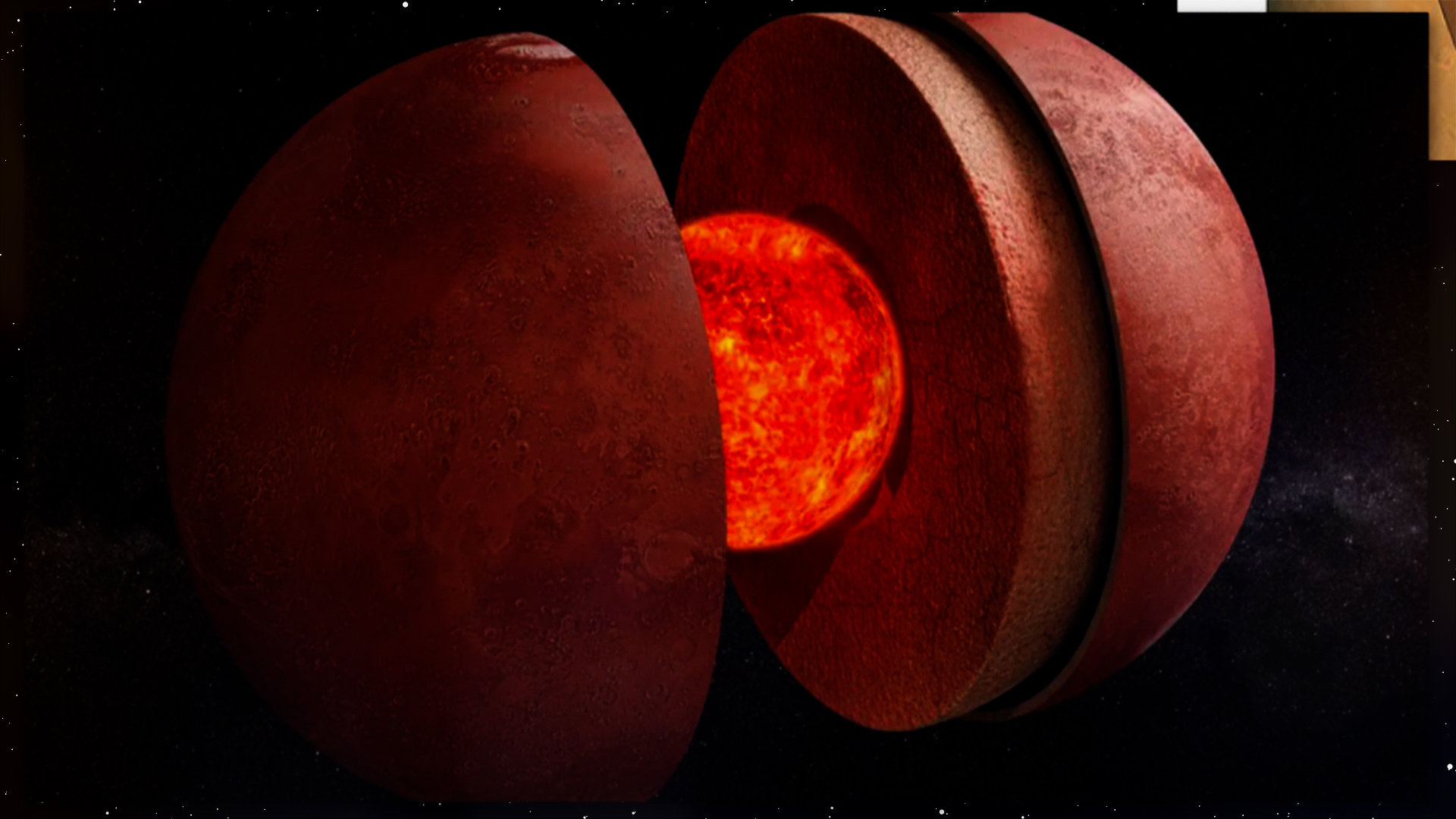
Data from NASA’s InSight mission suggest Mars has a liquid core similar to Earth’s, but European scientists say the core may be solid, at least below a certain temperature.
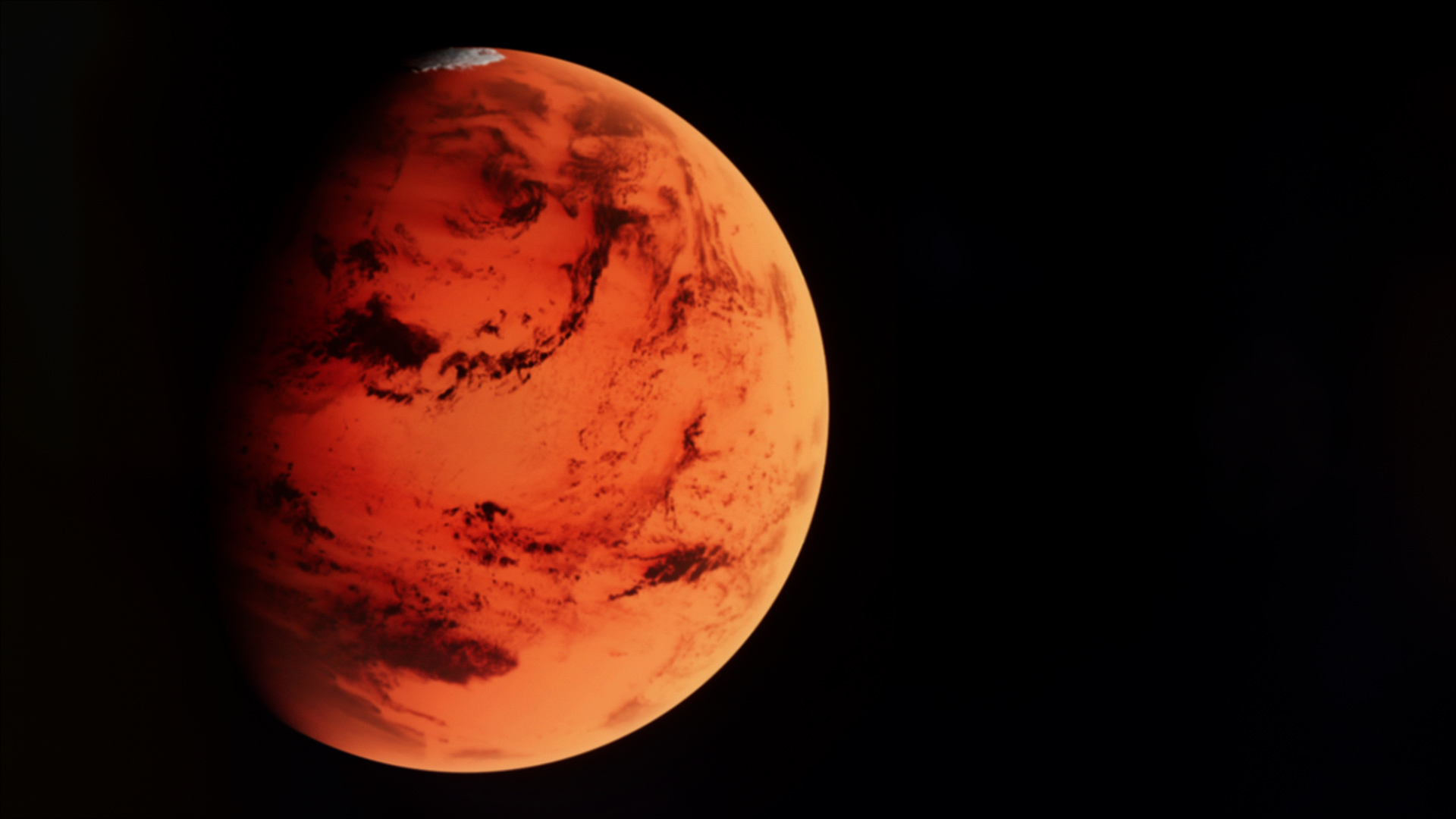
Scientists have successfully used lasers to identify microbe fossils in rocks from Earth, which are like the rocks found on Mars, opening up the possibility of searching for fossils on the Red Planet.

We’re bold, innovative and ambitious digital media creators,
consumers and producers.
We are Trekzone Media.
This is TREKZONE.org.
61 days to go until The 2025 Trekzone Fan Film Awards are here, and we have reached an important milestone plus more news and thoughts.

It’s the end of the third week of March 2025. Here’s the science and space headlines from the week that was… Kanyini phones home, shows

Astronauts often experience immune dysfunction, skin rashes, and other inflammatory conditions while travelling in space, and international researchers believe these issues are likely due to the overly sterile nature of the International Space Station.

Australia’s first state government funded satellite, Kanyini, has delivered its first images from space, marking a significant milestone for the space mission. Mission Director Peter

Data from NASA’s InSight mission suggest Mars has a liquid core similar to Earth’s, but European scientists say the core may be solid, at least below a certain temperature.

Scientists have successfully used lasers to identify microbe fossils in rocks from Earth, which are like the rocks found on Mars, opening up the possibility of searching for fossils on the Red Planet.
© Trekzone Media MMXXV. All Rights Reserved.
The views and opinions expressed by guests on our podcasts are their own and do not necessarily reflect those of Trekzone Media or its employees.